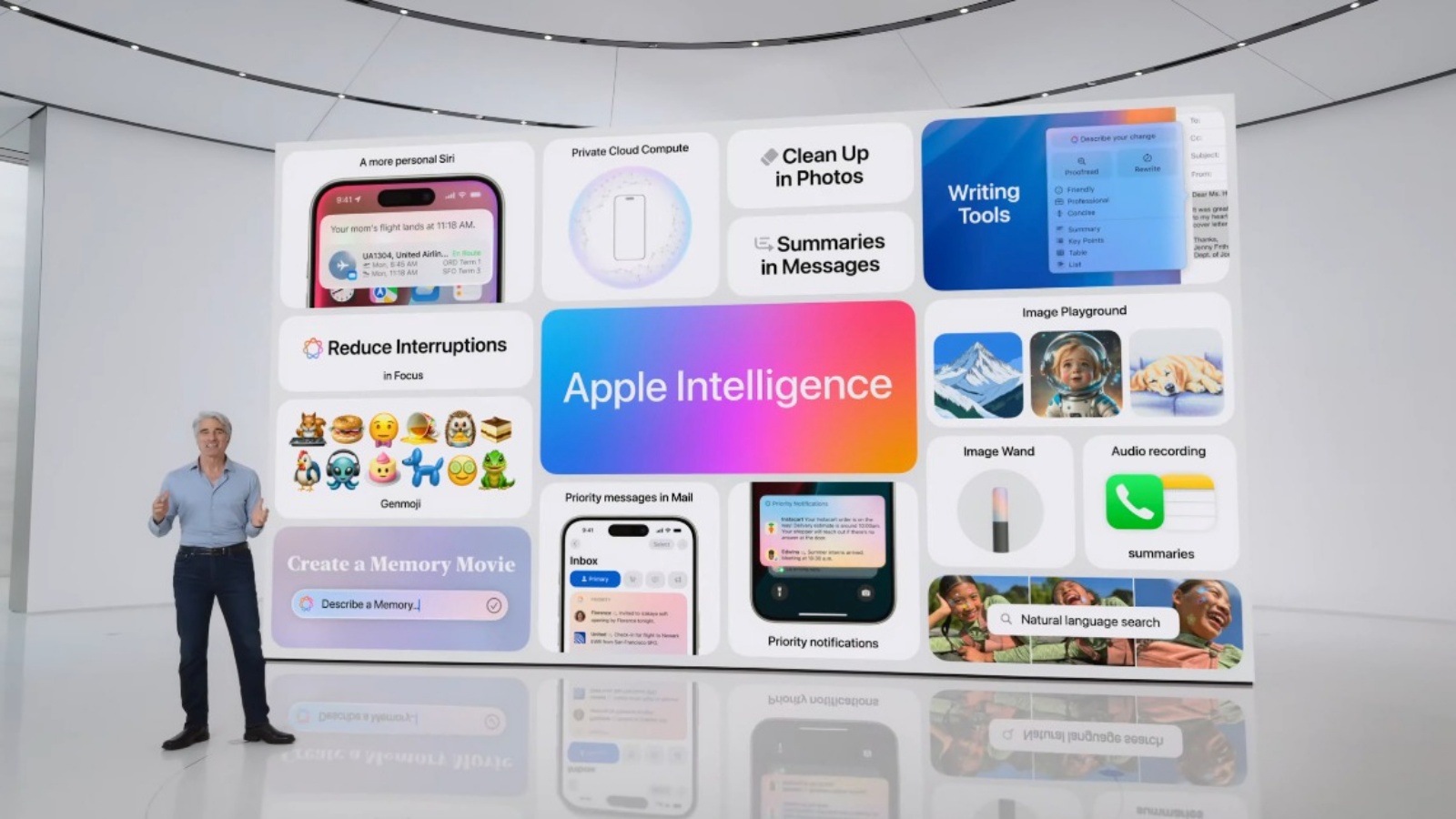Apple's AI Awakening: Tim Cook Signals a Major Shift in Strategy

Apple's AI Awakening: Tim Cook Signals a Major Shift in Strategy
For years, Apple has been relatively quiet on the artificial intelligence front, while companies like Google, Microsoft, and Amazon have been aggressively pushing AI-powered products and services. But that's changing. Recent reports indicate that Apple CEO Tim Cook has told employees that Apple "must" win in AI, signaling a significant shift in the company's strategy.

The AI iPhone is here, and Apple calls it 'personal intelligence'
Apple's Current AI Landscape
While Apple may not be the loudest voice in the AI conversation, it's not as if they've been completely absent. AI already powers many features across Apple's product ecosystem:
- Siri: Apple's voice assistant, though often criticized for lagging behind competitors, relies heavily on AI for voice recognition and natural language processing.
- Photos: The Photos app uses AI to identify faces, objects, and scenes, enabling powerful search and organization capabilities.
- Camera: Apple's camera technology leverages AI for features like Portrait mode, scene detection, and image stabilization.
- Apple Neural Engine: Apple's custom silicon includes a dedicated Neural Engine that accelerates AI tasks on devices, improving performance and efficiency.
However, these AI applications have largely been integrated into existing products, rather than being presented as standalone AI offerings.
Why Now? The Urgency Behind Cook's Statement
Several factors likely contribute to Tim Cook's renewed emphasis on AI:
- Competitive Pressure: The rapid advancements in AI from competitors like Google and Microsoft are putting pressure on Apple to keep pace.
- Generative AI Boom: The rise of generative AI models like GPT-3 and DALL-E 2 has captured the public's imagination and demonstrated the transformative potential of AI.
- Market Expectations: Investors and consumers are increasingly expecting AI-powered features and services, and Apple risks falling behind if it doesn't deliver.
Cook's statement suggests that Apple recognizes the need to accelerate its AI efforts to remain competitive and meet market expectations.
Apple's Potential AI Strategies
So, how might Apple "win" in AI? Here are a few potential strategies:
- Acquisitions: Tim Cook has indicated that Apple is open to acquiring AI companies to accelerate its development efforts. This could involve acquiring companies with expertise in specific AI domains or those with promising AI technologies.
- Increased Investment: Apple plans to "significantly" grow its AI investments, which could involve hiring more AI researchers and engineers, expanding its AI infrastructure, and funding internal AI projects.
- Focus on On-Device AI: Apple has a strong advantage in on-device AI due to its control over hardware and software. It could focus on developing AI models that run directly on devices, enhancing privacy and performance.
- Integration with Existing Products: Apple could further integrate AI into its existing products and services, making them more intelligent and user-friendly.
Implications for Consumers and the Tech Industry
Apple's increased focus on AI could have significant implications:
- Improved User Experiences: AI-powered features could make Apple's products and services more intuitive, personalized, and efficient.
- New Product Categories: Apple could potentially enter new product categories with AI-powered devices or services.
- Increased Competition: Apple's entry into the AI arena could intensify competition among tech companies, driving innovation and benefiting consumers.
Key Takeaways
Tim Cook's statement that Apple "must" win in AI signals a major shift in the company's strategy. Apple is likely to pursue acquisitions, increase investments, focus on on-device AI, and further integrate AI into its existing products. This could lead to improved user experiences, new product categories, and increased competition in the tech industry.
References
- Tim Cook says Apple is 'very open' to AI acquisitions - CNBC
- Tim Cook Confirms Apple’s AI Strategy May Include Major …
- Apple plans to ‘significantly’ grow AI investments, Cook says
- Tim Cook Defends Apple's AI Delay: 'We've Rarely Been First'
- What did Tim Cook say about Apple AI: iPhone maker’s AI strategy …
- Tim Cook Signals AI Ambitions with M&A Push; Is Perplexity the …
- Feature Image: Apple AI





.jpg)